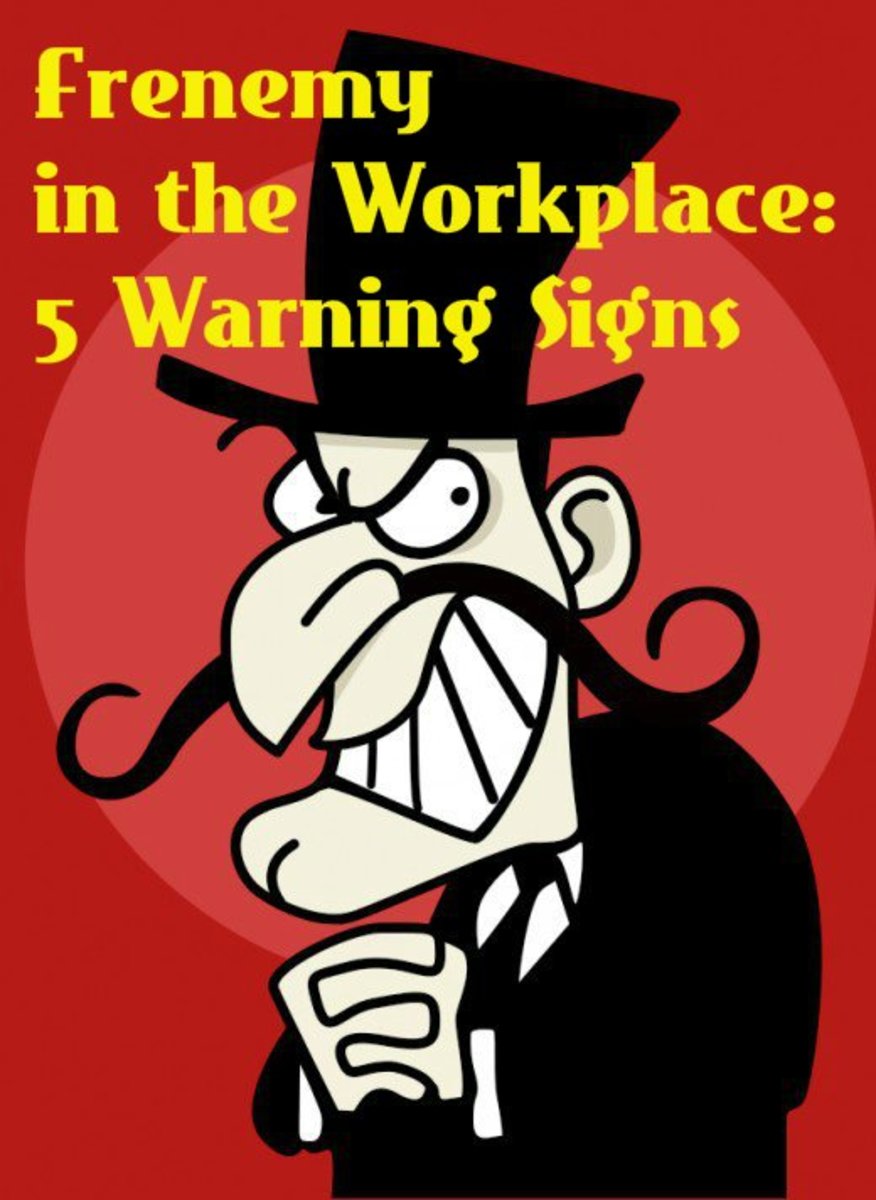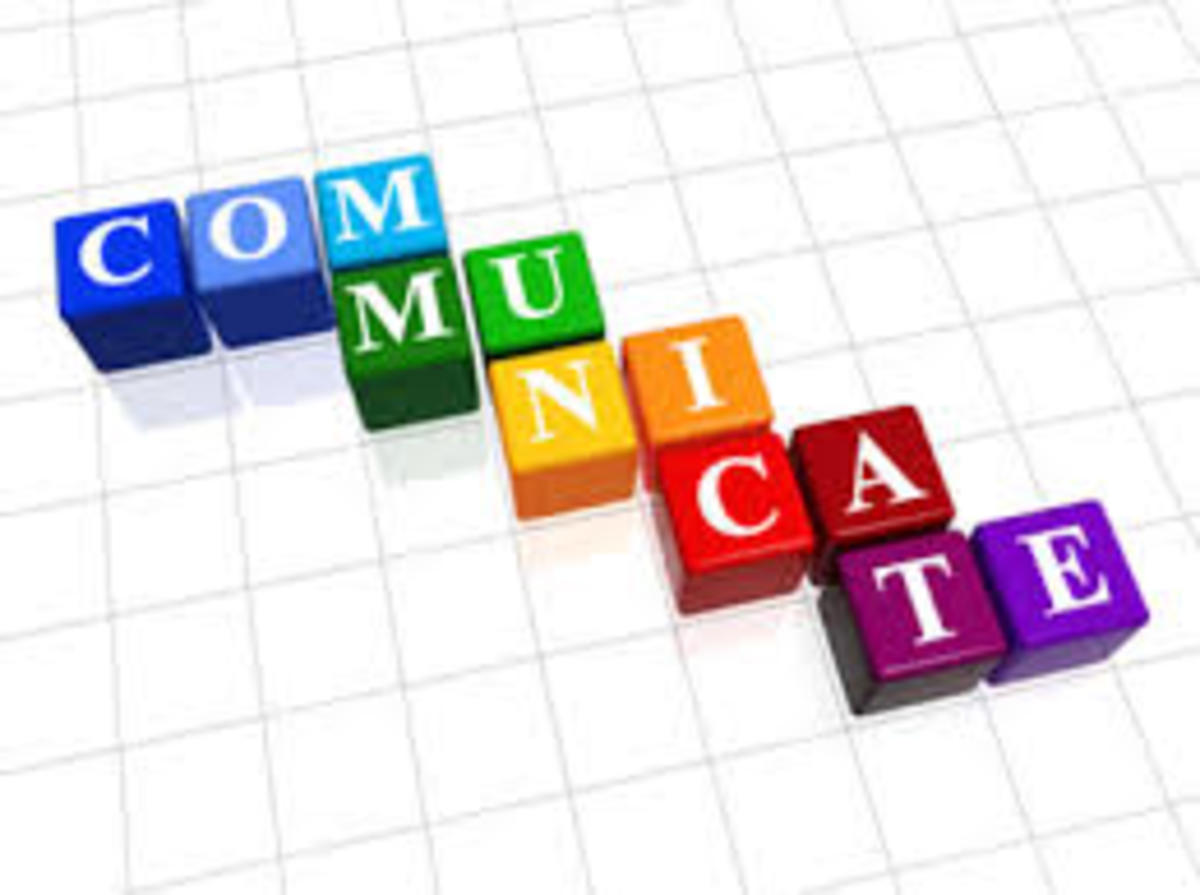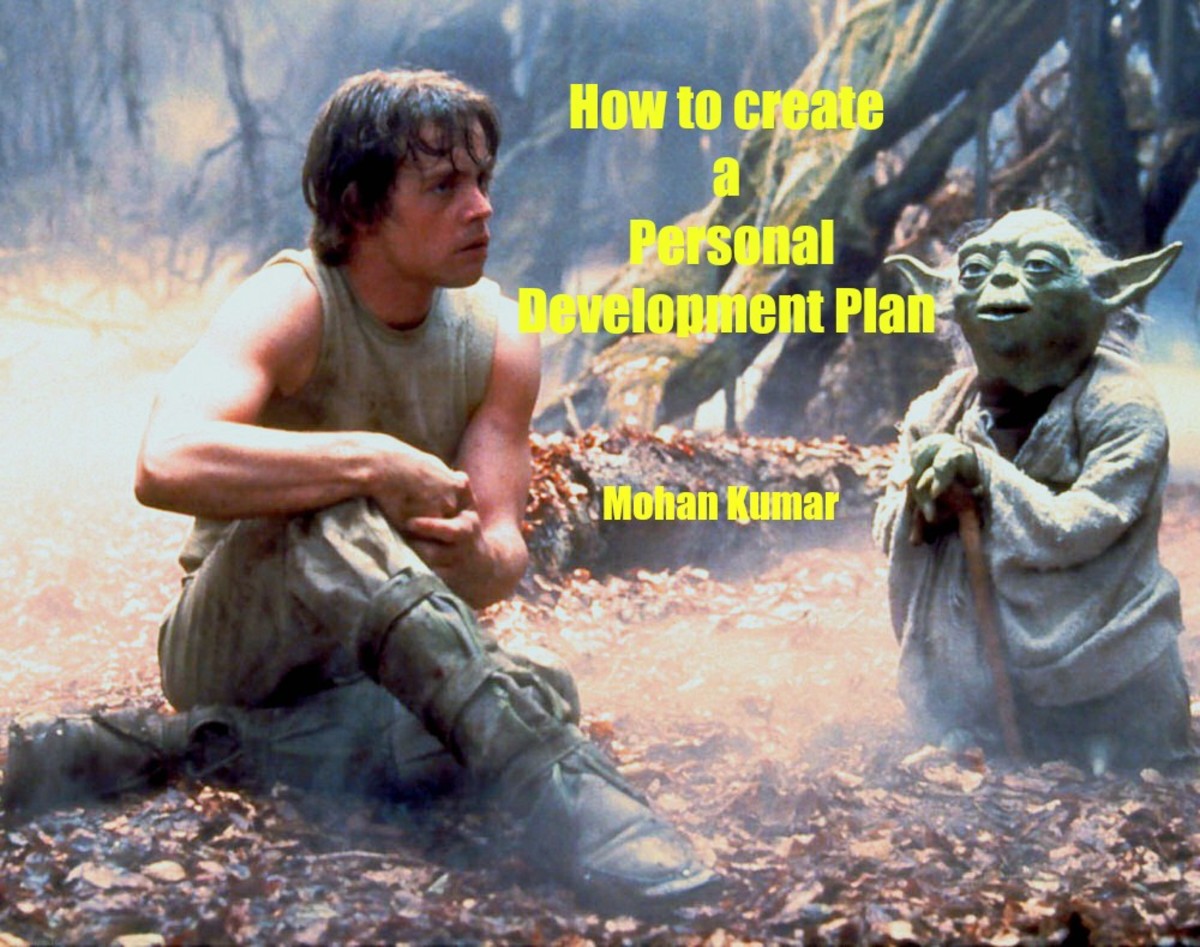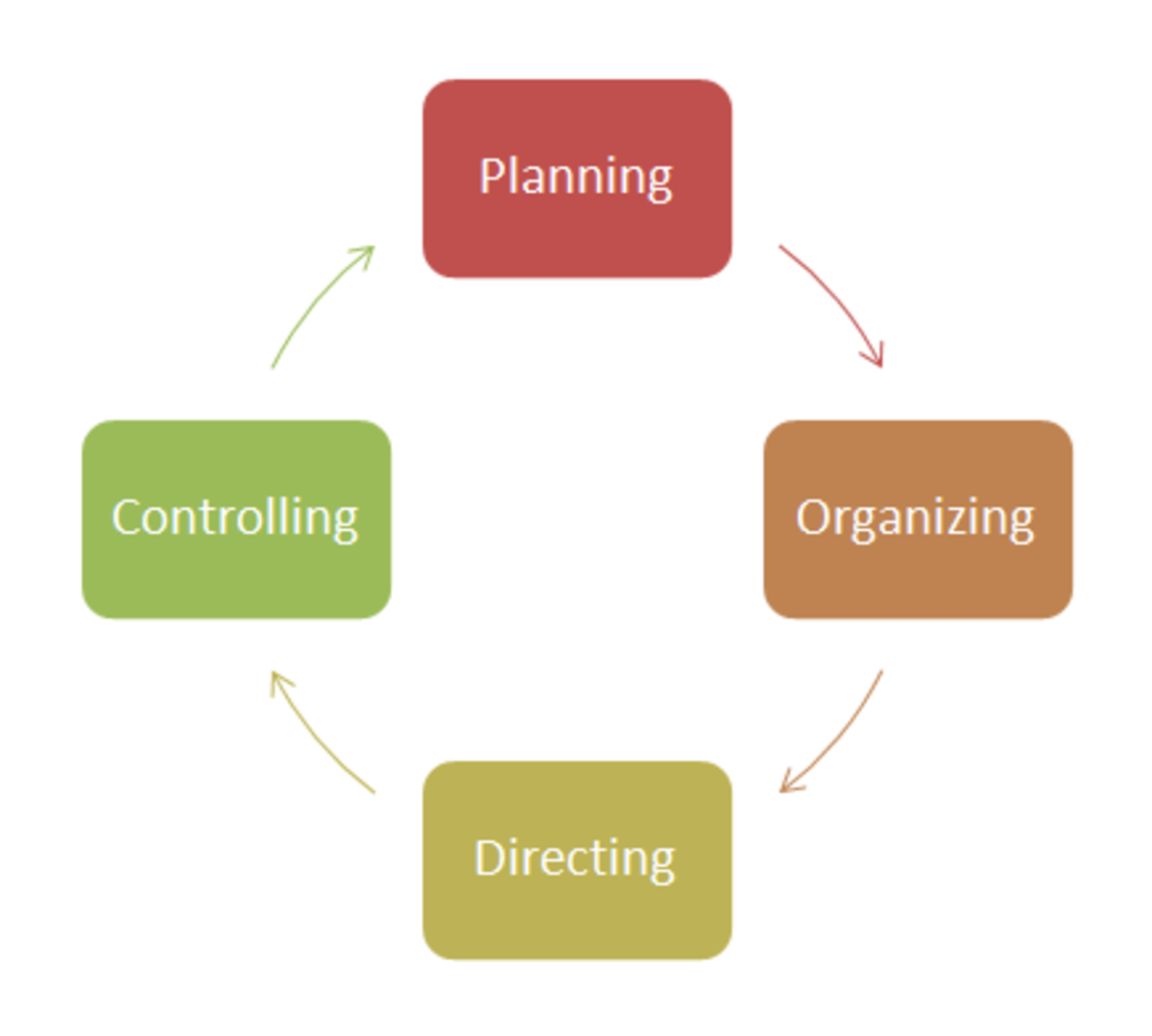Recognizing and Combating Isolation
Are you isolated from others?
Years ago a television commercial showed us a small child asking his father what he made per hour in wages at his job. When the father asked why his son wanted to know, the boy told him he wanted to buy an hour of his time. The father was so absorbed in work that he isolated himself from his family and was no longer capable of noticing their needs. The commercial ended in a touching manner with father and son hugging each other, hinting at an improved relationship in the future.
Isolation is one of the great natural enemies of the writer, artist or entrepreneur, and it is among the main causes of small business failure. There are two forms of isolation that can affect a writer or anyone working from home. The first is isolation from one’s self, typified by self-absorption with work to the exclusion of all other aspects of life. It destroys the balance between personal and professional concerns. Workaholics suffer from this form of isolation. They might not know their child has won an award in the science fair, or that a neighbor earned a promotion at work. Their only concern is business. They are not necessarily isolated from other people, but rather from their own feelings and emotions. They might actually believe they have many friends, but all their relationships are casual because their friendships never extend beyond work.
The second form of isolation is one of not being around enough people. Writers, artists and others who work from home frequently suffer from seclusion, and the ranks of this group grow daily. Their only contact with other adults is online or through their customers, which can be cold, repetitive and impersonal. You might be missing some of the very things you decided to get away from by working at home, such as hallway gossip. Abandoning the routines of working for someone else might also put you on a different schedule than others operate on. It may be easier to shop for groceries at 2:00 PM than 6:00 PM, but you only see a third of the people you saw when you shopped after work.
Interaction with others is a fundamental human need and vital to your physical and mental health. Contact with people is as important as food and water. Working at home or in an obsessive manner can limit your intellectual and emotional stimulation to unhealthy levels. This adversely affects all other areas of your life, including your physical well being, your relationships with family and friends, and your career.
Isolation attacks suddenly but not without warning. The key to combating your seclusion is to have an awareness of its forms. This allows you the opportunity to prevent it from taking hold. The good news is that isolation is one malady through which attacking its symptoms can mean a cure.
Books about isolation and loneliness from Amazon.com
The look of isolation






Recognizing and combating isolation
Warning signs of isolation from one’s self include but are not limited to the following:
Being a workaholic. You might feel you must work all day to survive the challenge of new competition or to prepare for your retirement. Weekends or holidays are a nuisance. You lose the balance that allows you to enjoy the personal aspects of your lives as well as the professional. What to do: reach out to your spouse, a parent or a neighbor and make them your ally. Arrange activities with them totally unrelated to work that require your full attention. Make a goal to always have at least one event scheduled with another person at all times that has nothing to do with work. Engage in activities with several people to prevent an emotional overreliance on a single individual.
Dealing with adversity alone. In times of trouble, you may feel there is no one you can depend on to help you cope with problems. Perhaps your only friends are business acquaintances, and you are lacking a strong support network to help you deal with personal issues. What to do: recognize that people want to help you face your problems, but you have probably shut them out. Reach out and connect with family and friends before problems occur. Borrow a rake from a neighbor or ask for advice—you will discover people are eager to be of service. When trouble strikes ask the help of a spouse or friend; make use of that help and acknowledge their efforts. This allows you to connect with others and make them your allies. It will demonstrate to others that you are willing to accept their help when you need it.
Making mistakes. You may be so absorbed in work that you have lost your sharpness. You no longer have the capacity to walk away from a problem and return to it with a fresh perspective. Your business decisions might be rational but removed from your core values or beliefs that encompass personal issues. What to do: address problems in the morning instead of working through them late into the night. Restful sleep will give you a fresh perspective. Create regular diversions to allow your mind to focus on other things. Study relaxation techniques such as yoga or deep breathing exercises.
Warning signs of isolation from others can encompass any of the symptoms listed above, but also include:
Boredom. You might find yourself bored all the time or, equally troubling, that you are boring to others. The boredom you feel might be even more dangerous if your traditional stimulation (books, newspapers, television, the Internet, etc.) no longer catches your attention. What to do: get out of the house; do something interesting and place yourself in new situations. (Running errands or paying bills does not qualify and likely will contribute to your boredom.) Add new twists to familiar activities, such as reading books in a genre you’ve never considered. Place yourself in a situation that forces you to think or emote. Take a class and learn something new, keep a journal or write poetry.
Loneliness. When you work outside the home, you usually have many casual friends or acquaintances. Working from home or in a solitary profession, there is no one to go to lunch with or to stop by your desk with a joke or story. Loneliness can also take the form of overreliance on an individual or group to meet your social needs. What to do: ask a partner or friend to call during the day to see how you are. In the evening, make certain to interact as a couple with your spouse or significant other, at least for awhile. Go where other people are; attend sidewalk sales or city commission meetings. Attend your children’s play groups and converse with other parents. Get to know the neighbors, schedule picnics or barbeques, and espouse local causes that unite others in the service of the community.
Feelings of worthlessness. When you are isolated, you have to pat yourself on the back, motivate and encourage yourself. If you do not encourage yourself sufficiently, you will begin to feel like a failure. What to do: show respect for yourself. Remind yourself of your accomplishments and be proud of what you have overcome. Explore your creativity. Draw, write poetry, sing or keep a journal. Acknowledge your talents and show your work to family and friends if you’re comfortable doing so. Connect with your values and core beliefs. Remind yourself of what is important to you and how you are living in accordance with your beliefs. Plan the future you wish for yourself; ask where you want to be in ten years and determine how you will get there.
Maintain the balance
The common thread in these suggestions includes maintaining an appropriate balance in life. You must continually reach out and interact with others to blend your personal and your professional life into a cohesive whole. You will remain isolated if your relationships are all professional or online friendships. You must have genuine, face to face interactions with others to function as a wholly human being. The good news is that in the battle against isolation, there are partial victories—combating your seclusion isn’t an all or nothing scenario. Anything you do to connect with other people will significantly improve the balance between your personal and professional affairs. It can begin at any time, and all it takes is a little effort to reach out to others.

Read other hubs about self-improvement and business
- How to Listen Well to Others
I have known people to say things about me that are quite flattering. I have been graciously been referred to as intelligent, sensitive, or creative. (I confess Ive been called less flattering things,... - Ten Strategies for Working as an Independent Contractor
With the American economy in a state of crisis, unemployment is high and countless jobs have been permanently eliminated. Many businesses now look to virtual assistants or temp agencies to meet short and... - How to Save Money (A Few Cents at a Time)
Many families in America and around the world have been forced to survive with fewer financial resources than they previously enjoyed. Although experts proclaim the economy is improving, many are still... - How to Fight Boredom: Five Strategies
The world is eaten up by boredom.... You cant see it all at once. It is like dust. You go about and never notice, you breathe it in; you eat and drink it. It is sifted so fine, it doesnt even grit on... - Twelve Strategies to Rediscover Your Joy for Learning
Children love to learn. They see the world as a magical place, filled with countless wonders to investigate with their full focus and attention. They want to understand everything. When they... - Time Management Skills: Don't Waste Time for Others
Everyone knows people who always show up fifteen minutes latefor everything. When they arrive, they wave their arms with a flourish and either quickly apologize or make a joke of their lack of... - How to Quickly Get People to Like You
Many people are naturally engaging and friendly. They are first to introduce themselves in a crowded room and are eager to turn acquaintances into friends. Their friendliness is usually reciprocated,... - Time Management Tools: A Convenience or Trap?
There are numerous books and articles devoted to time management, but we still seem to have very little free time. We make lists and group tasks. We organize, categorize, prioritize and analyze. We purchase... - How to Project Self-Confidence
Some people just have it made. They are voted most likely to succeed in school. They receive job offers in their field right after graduation from college and climb the corporate ladder with... - Migraine Headaches, Yoga and Me
It began for me on a Monday evening. I finished dinner and prepared to relax for a few hours in front of the television. I noticed a pain in my forehead above the left eyebrow but tried to ignore it. A... - The Lure of Suicide: A Crisis Intervention
In the United States, someone takes their own life every 17 minutes. There are approximately 750,000 suicide attempts each year, and it is estimated that more than five million living Americans have... - Twelve Things that can Disrupt Your Sleep
America has become a 24 hour society, and we are paying the price for the luxury of grocery shopping at 3:00 AM and working around the clock. The problem is so profound there are concerns that...











